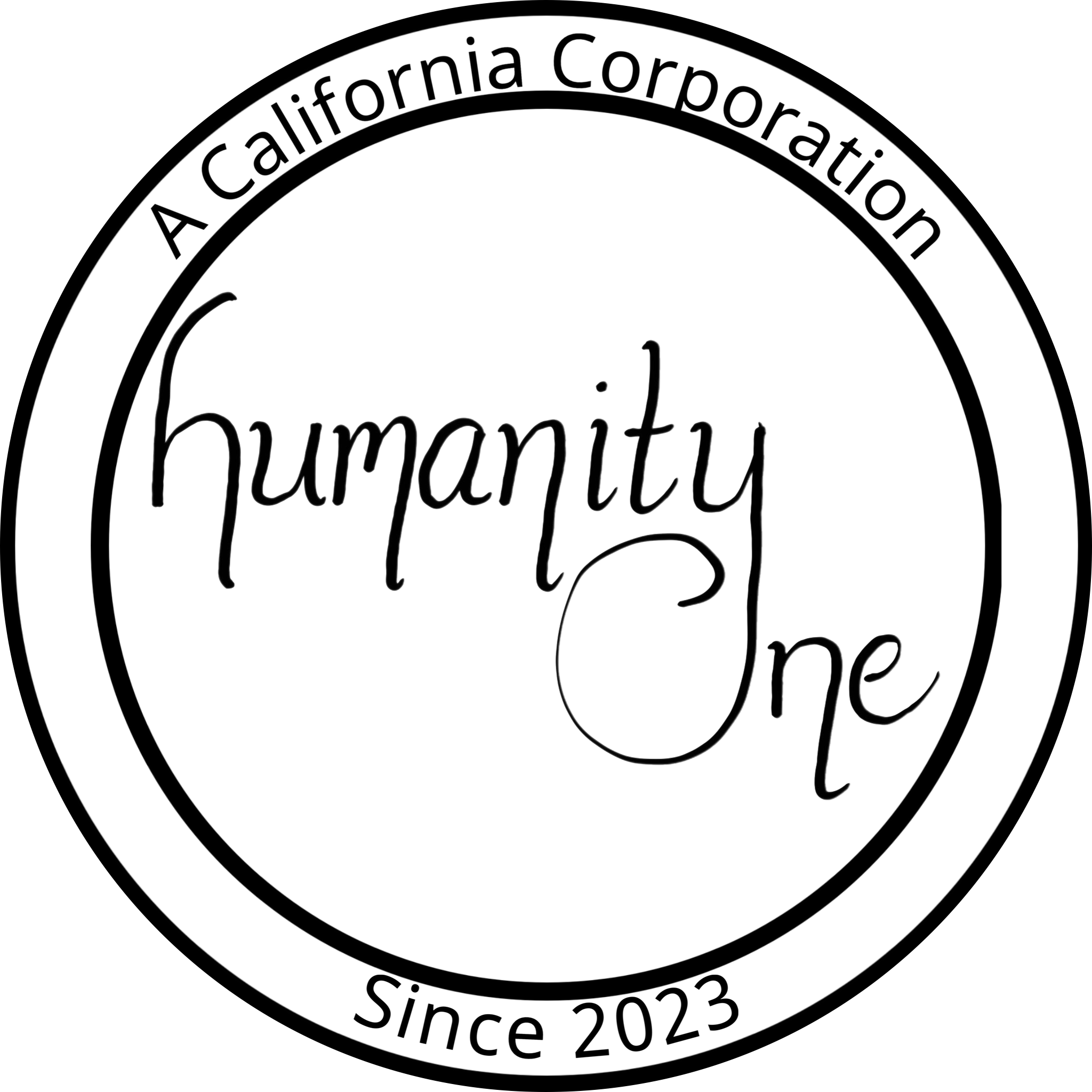This is beautiful.
What I want to talk about today is a subject that gets plenty of airtime, but often in ways that cause confusion or pain.
The subject is sin.
From a Christian perspective, sin is not only what you do—it’s what you are. Humanity is said to inherit Adam’s disobedience as a permanent condition called “original sin.” You’re born guilty, fallen, and cut off from G-d. The only solution is belief in Jesus, whose sacrifice bridges that gap. That idea has, of course, left a deep mark on Western culture where sin is associated with shame, guilt, fear.
Islam sees sin differently. As a Muslim, you’re born pure, in fitra and sin comes through weakness or disobedience. While forgiveness is possible through repentance, obedience, and G-d’s mercy, the danger here is legalism—faith reduced to tally marks of submission and obedience.
These two traditions, together, teach most of the world to see sin as either an inherited stain or a crime against divine law.
The Hebrew View
But the Hebrew Scriptures use a different vocabulary, and each word paints a picture:
there’s חֵטְא (chet): to miss the mark. As in an arrow which veers too wide. Life has a target, a calling. Sometimes we miss.
there’s also עָוֹן (avon): to twist, to warp. Taking what should be straight and bending it—truth into lies, justice into exploitation, love into control.
and finally, there’s פֶּשַׁע (pesha): rebellion. Now, this is not the holy kind of rebellion that resists Pharaoh or breaks idols. Pesha is betrayal of covenant—turning against a friend, a partner, or breaking a promise.
So, sin is a spectrum.
But even more importantly— in the Hebrew view, sin is not your essence. It’s your movement. And movements can change.
The Days of Awe
That message resonates in this season, especially, as we approach the Days of Awe.
Rosh Hashanah announces the year with the blast of the shofar, like an alarm clock for the soul. It shakes us awake with its raw sound: Have you missed? Have you twisted? Have you betrayed?
And Yom Kippur follows close behind—not as a day of despair, but as a day of return. A day when we stop pretending, stop hiding, and say: Yes, I’ve failed. But I can return. I can realign. I can begin again.
I cannot simply rely on belief in someone else’s sacrifice. The Hebrew Scriptures are clear that it is about our own honesty, our own repair, and taking responsibility.
On this matter, the Torah is blunt: Yom Kippur atones for sins against G-d, but not for sins against people. For that, you must face the person you wronged. You must take accountability. You must ask forgiveness.
So, if you’ll permit me, I will do that now. If in this past year I have wronged you—through harshness, neglect, arrogance, or impatience—I ask forgiveness. If I spoke carelessly, if I failed to honor your dignity, if I carried my own burdens so heavily that I ignored yours, please forgive me.
The Courage of Return
The truth is: none of us are exempt. We all have arrows that flew off target. Words that landed in the wrong place. Actions that bent what should have been straight. Silences that betrayed trust.
But in the Hebrew vision, none of this condemns us. It only calls us to responsibility. And responsibility is not a curse. It is a gift. It means we are capable of repair.
But, it does take courage. The courage to say: I missed the mark. The courage to admit: I twisted what was straight. The courage to face: I betrayed. And the courage to return—to teshuvah.
The Scriptures name our failures—chet, avon, pesha.
And they name the repair—salach (forgiveness), nasa (lifting the burden), kiper (atonement).
That is the balance. That is the hope.
So when the shofar calls: Wake up. Return. Begin again.
Shanah tovah.
May this year be one of sharper aim, lighter burdens, forgiveness given and received. And may new beginnings arise from honesty, humility, and hope.
Amen



One Comment